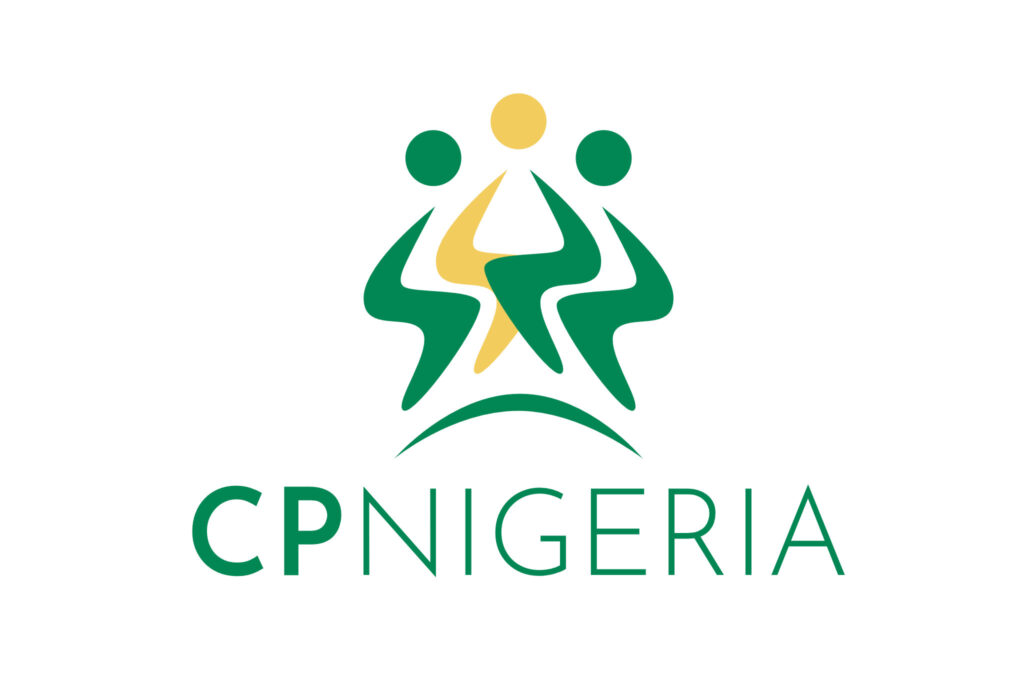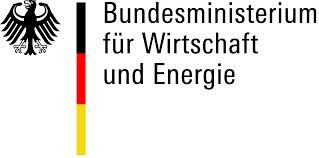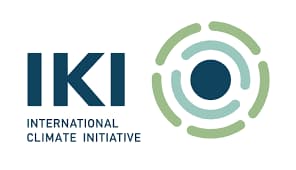Communities of Practice as drivers of a bottom-up energy transition in Nigeria

Project description
Nigeria’s energy landscape is characterized by significant challenges, with almost half the population dependent on costly and inefficient petrol, diesel, and gas generators. The Communities of Practice Nigeria (CP-Nigeria) project, financed by the International Climate Initiative (IKI), represents a transformative step towards a clean, affordable, and sustainable electricity supply through decentralized renewable energy (DRE) systems. This project adopts a bottom-up, community-centered approach, reflecting our commitment to involving local communities in shaping their energy futures.
Community-centric energy transition
Our vision is to catalyze a bottom-up, community-centric energy transition in Nigeria, leading to a climate-friendly energy supply by 2030 that is both sustainable and economically viable. By empowering local communities and leveraging innovative technologies, we aim to create a replicable model for sustainable energy development.
Five local “Communities of Practice”
Following evaluations across ten communities situated in five distinct geopolitical regions of Nigeria, five “Communities of Practice” were identified for the deployment of DRE solutions, chosen through comprehensive socio-economic and geographical analysis. The community-centered approach ensures solutions are specifically tailored to each community’s unique needs, fostering a sense of ownership and empowerment among residents. The approach not only facilitates the creation of effective energy solutions but also enhances social cohesion and economic opportunities, contributing to sustainable project outcomes.
Toolbox for DRE solution development
A key element of the project is an online toolkit (https://community-minigrid.ng/en/) that generates a comprehensive implementation plan. This plan offers a step-by-step strategy for communities interested in Distributed Renewable Energy (DRE) solutions, making it easier to progress from the initial idea to the final execution of the project. The toolkit integrates the assessment of demand, system sizing and recommendations for technology-mix, best practices for project management, and financial planning strategies into a cohesive, easy-to-use platform. Designed with community organizations in mind, the implementation strategy is created to cater to the engagement needs of various stakeholders including project developers, the Rural Electrification Agency (REA), non-profit organizations and financial bodies.
Policy Reform Advocacy
Additionally, the project seeks to enhance the political framework for DRE projects beyond the local level and extend its impact to the national level. This involves examining the structural, regulatory, and financial barriers to DRE adoption and collaborating with stakeholders to foster a supportive policy environment for community-centered electrification initiatives in Nigeria.
IKI ICM (Independent Complaint Mechanism)
Any person who believes they may be harmed by an IKI project or who wish to report corruption or the misuse of funds, can lodge a complaint to the IKI Independent Complaint Mechanism at IKI-complaints@z-u-g.org. The IKI complaint mechanism has a panel of independent experts who will investigate the complaint. In the course of the investigation, we will consult with the complainant so as to avoid unnecessary risks for the complainant.
Project period: November 2021 – October 2024
Tasks
- Project management
- Collection of demand data
- Develop a toolbox for needs assessment and energy system design
- Coordinate with project partners to identify funding opportunities
- Policy advice with the aim of improving the framework conditions in the field of energy transition
Results
- Urgent need for action to electrify rural regions:
With 86 million people without electricity, Nigeria has the world’s largest electrification deficit. Despite the potential of decentralized renewable energies, they only contribute 0.1 % to the electricity supply, while USD 14 billion is spent annually on inefficient diesel generators. - Identification of target communities:
Over 660 rural communities in Nigeria have been identified as ideal for off-grid electrification. These communities are located more than 20 kilometers from the national grid and stand to benefit the most from mini-grid solutions. - Benefits of Community-Driven Mini-Grids (CDMGs):
CDMGs promote sustainable projects through community participation and ownership, reduce dependence on fossil fuels and strengthen local economies.
They offer long-term benefits such as higher reliability, lower costs and environmental protection through reduced emissions. - Examples of successful CDMG projects:
Success stories from countries such as Tanzania and Côte d’Ivoire show that CDMGs are economically viable and environmentally sustainable. These experiences can serve as guidelines for implementation in Nigeria. - Obstacles and necessary reforms:
Obstacles such as lack of awareness among the population, inadequate technical skills and lack of financial support are slowing down the spread of CDMGs in Nigeria. Therefore, targeted measures such as knowledge transfer, capacity building, improved financing options and regulatory adjustments are required. - Transformative impact for Nigeria:
With the implementation of CDMGs in at least 660 rural communities, Nigeria could achieve its electrification targets, strengthen the local economy and save up to 188,000 tons of CO2 emissions annually. Political and institutional support, for example through the NEP initiative (Nigeria Electrification Project), is crucial. - A tool for planning mini-grids:
The scientists have also developed a freely available tool that local communities can use to plan mini-grids independently. Among other things, they can use it to create a model of electricity requirements, determine the size of a suitable mini-grid and carry out financial analyses. The result is an implementation plan as a Word document that can be used to proactively approach potential project partners, such as project developers, financing institutions or government partners. More information about the tool can be found here.
More about the tool - A policy brief was published as part of the project: ‘Community-Driven Mini-grids: A Promising Approach to Electrifying Nigeria’s Rural Population’. It looks at global best practices of community-driven mini-grids and analyses what opportunities exist in Nigeria. It is available for download here:
You can find the policy brief here:
DOWNLOAD - In addition, a stakeholder webinar was held: ‘Best Practices and Policy for Community-Centric Mini-Grids in Nigeria’ with contributions from speakers from Rocky Mountain Institute, NRECA International and project partner Clean Technology Hub Einblick. Here is the recording of the webinar on YouTube:
See webinar recording







